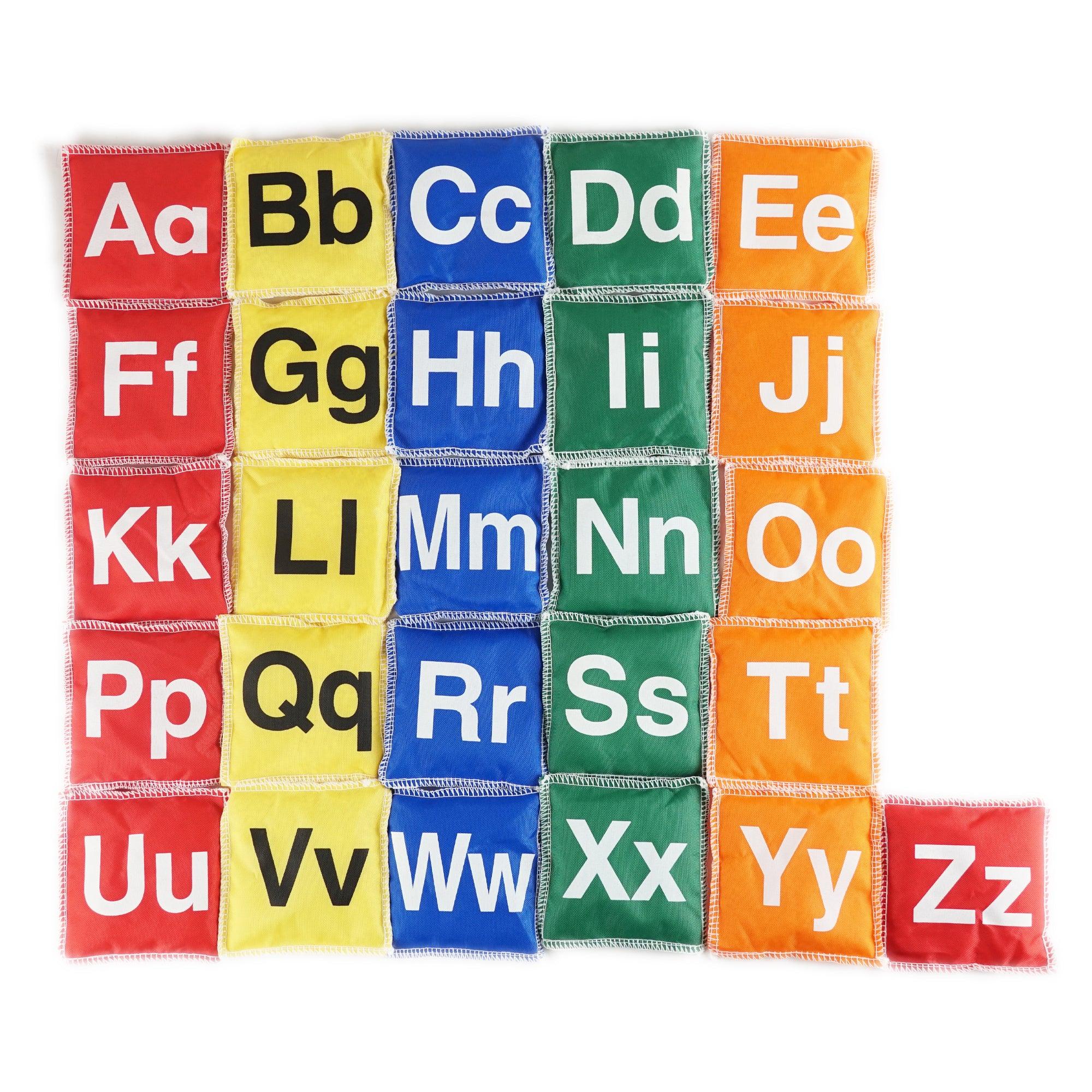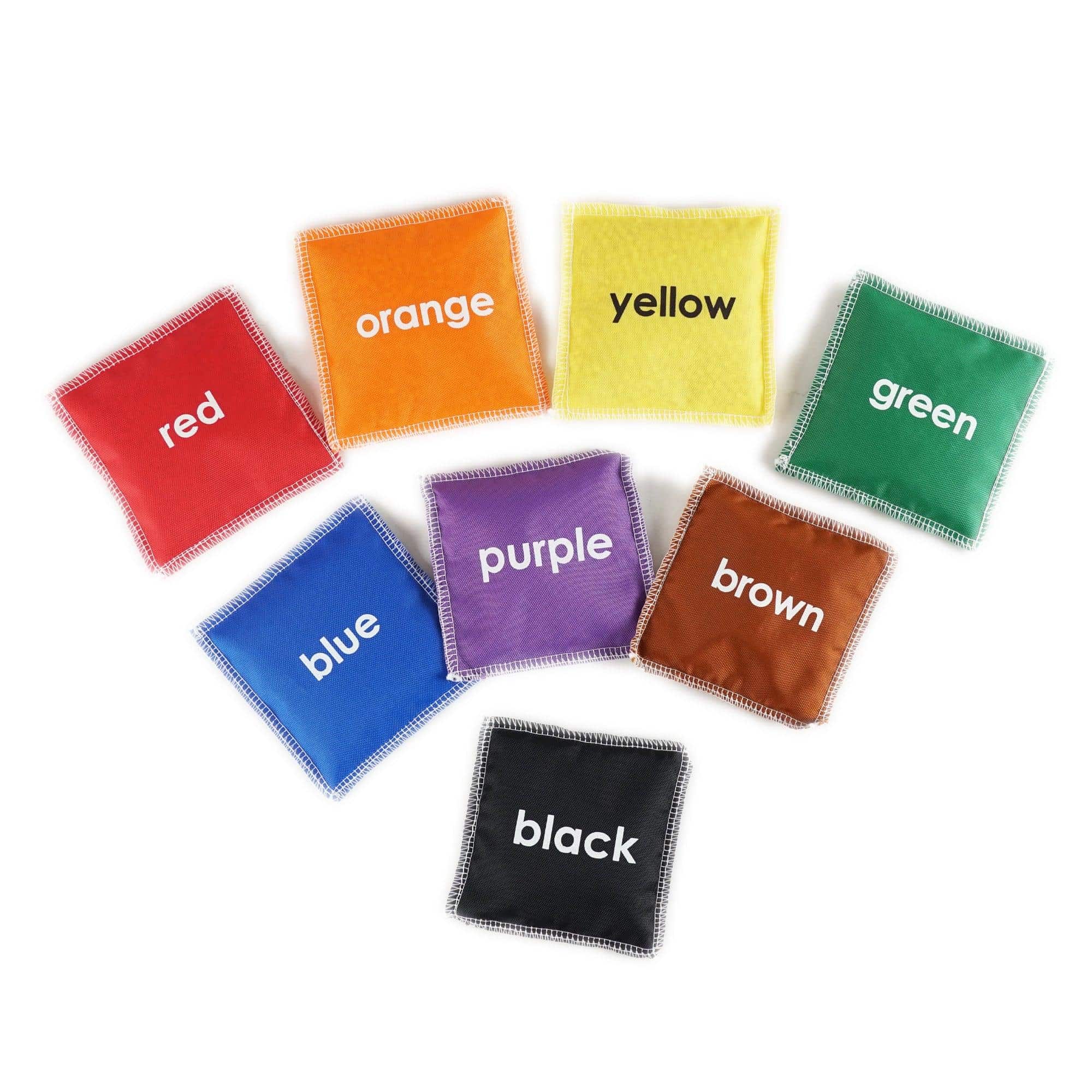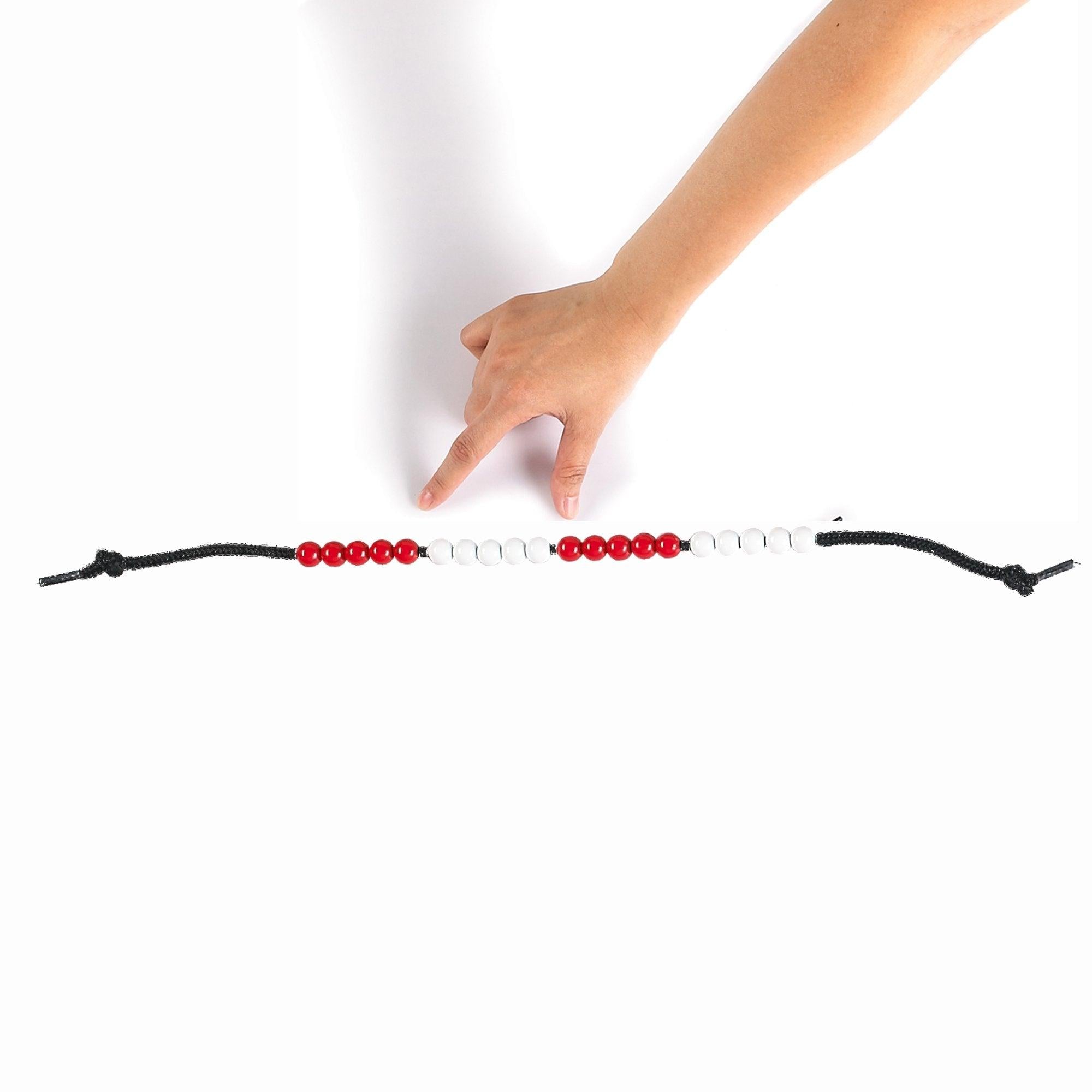The Benefits of Musical Toys for Early Language Development
Musical toys play an essential role in a child’s early language development. They not only provide entertainment and enjoyment, but also offer a range of benefits that contribute to a child’s linguistic growth. Let’s explore some of the key advantages that musical toys can bring:
Enhancement of Phonemic Awareness
Phonemic awareness, the ability to identify and manipulate individual sounds in spoken words, is a crucial skill for language development. Musical toys often incorporate sounds, songs, and rhymes that help children distinguish different phonemes and improve their overall phonemic awareness.
- Interactive musical toys encourage children to listen to sounds and imitate them, thereby strengthening their auditory discrimination skills.
- Singing along to melodies and nursery rhymes helps children become more aware of syllables, rhythm, and patterns in language.
- Exploring different musical instruments introduces children to various tones and sounds, expanding their understanding of the auditory world.
Development of Vocabulary
Vocabulary expansion is another benefit of musical toys for early language development. As children engage with musical toys, they encounter new words and expressions related to music, rhythm, and lyrics.
- Playing with musical toys that feature animal sounds or vehicle sounds helps children learn the names of different animals and vehicles.
- Listening to and singing songs exposes children to a wide range of vocabulary words and phrases, aiding in their vocabulary acquisition.
- Interacting with musical toys that have buttons or keys labeled with words introduces children to written language, linking written and spoken words together.
Improvement in Language Skills
Musical toys not only support phonemic awareness and vocabulary development but also contribute to the overall improvement of language skills. Through active engagement with sound and rhythm, children can enhance their communication abilities.
- Listening and imitating sounds and songs help improve children’s ability to articulate sounds correctly, which in turn enhances their speech clarity.
- Musical toys that encourage singing and storytelling help children develop narrative skills, including sequencing, structure, and the use of descriptive language.
- Creative expression through music allows children to experiment with different emotions, fostering their emotional intelligence and expressive language.
Boost in Cognitive Development
Musical toys have a positive impact on cognitive development, as they engage multiple areas of the brain simultaneously.
- Listening to music and participating in musical activities stimulate various brain regions, promoting enhanced memory and cognitive flexibility.
- Musical toys that require physical interaction, such as playing a drum or pressing keys, improve fine motor skills and hand-eye coordination.
- Understanding the structure and patterns in music enhances children’s mathematical skills, as they learn to distinguish between beats, count rhythms, and recognize patterns.
Fostering Social Interaction
Engaging in musical play with others encourages social interaction, which is crucial for language development and overall social-emotional growth.
- Playing musical games or forming a band with siblings or friends helps children learn turn-taking, cooperation, and collaboration.
- Singing songs together in a group setting promotes language-based communication and creates a sense of unity and belonging.
- Performing with musical toys in front of others fosters self-confidence and public speaking skills, aiding in communication development.
Conclusion
Musical toys provide a wealth of benefits for early language development. From enhancing phonemic awareness and vocabulary expansion to improving language skills, cognitive development, and fostering social interaction, these toys play a vital role in a child’s linguistic growth. So, when selecting toys for your little ones, consider the power of music and its impact on their language journey.




